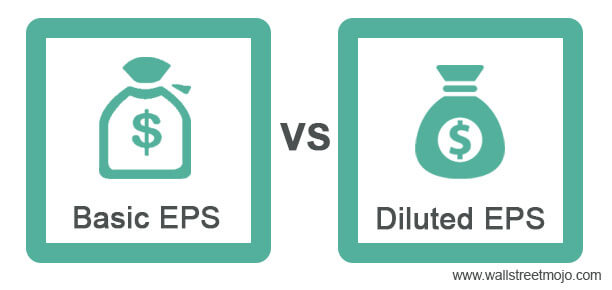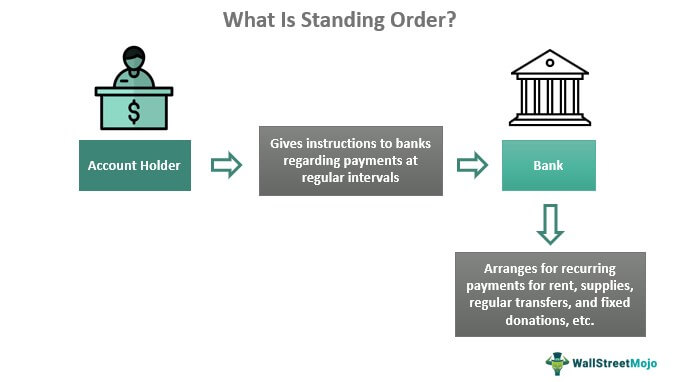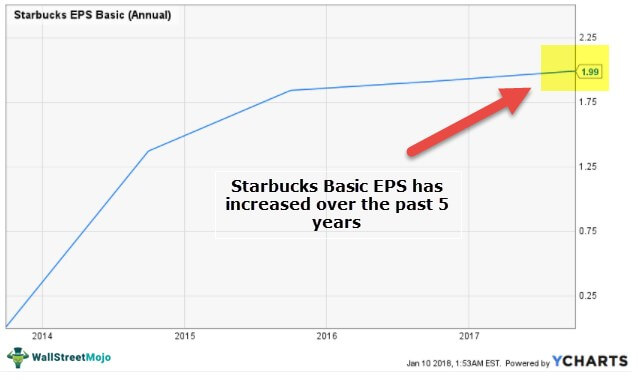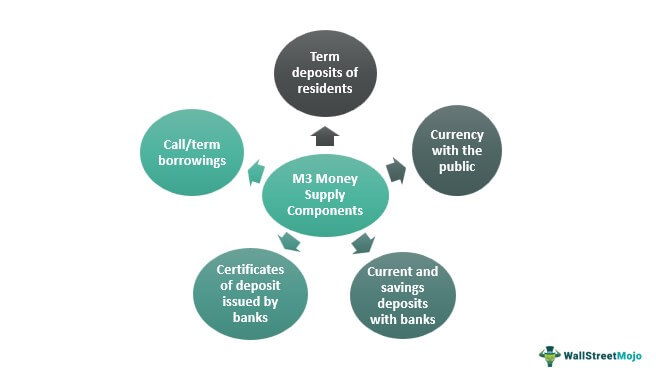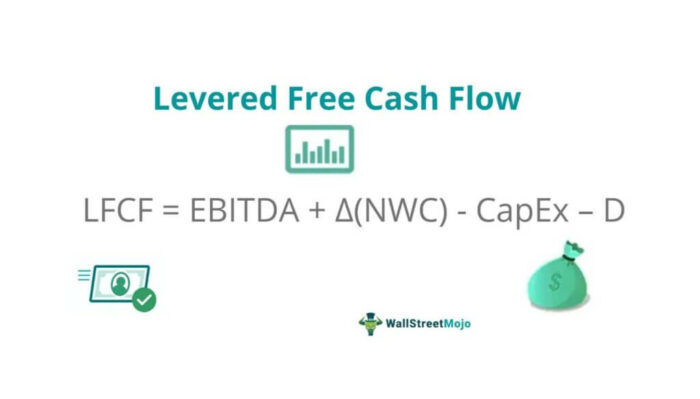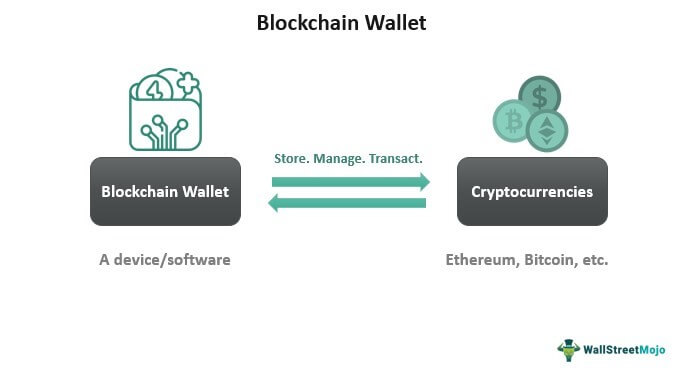
What Is Blockchain Wallet?
A blockchain wallet is a program or a device that enables one to store, manage, and transact cryptocurrencies, such as Ethereum and Bitcoin. It allows individuals to perform transactions securely in a straightforward manner. Moreover, while maintaining privacy, one can access this wallet through web devices like smartphones, laptops, etc.

You are free to use this image on your website, templates, etc., Please provide us with an attribution linkHow to Provide Attribution?Article Link to be Hyperlinked
For eg:
Source: Blockchain Wallet (wallstreetmojo.com)
These wallets are efficient storage mechanisms for cryptocurrencies. They allow individuals to control access to their digital currencies stored on the blockchain with private keys. Transactions performed using them are faster and more secure than legacy banking methods. These wallets are of two types – hot wallets and cold wallets.
Key Takeaways
- A blockchain wallet refers to a software application or a device that helps individuals to store and transact cryptocurrencies like Bitcoin, XRP, Ethereum, and more.
- Blockchain wallet fees are not the same for each transaction. Instead, the charges depend on factors like transaction size and network conditions. There are primarily two types of crypto wallets – hot and cold wallets. The latter is a safer option but less user-friendly.
- Recipients of crypto coins have to use the private key to access the digital assets.
Blockchain Wallet Explained
Blockchain wallets are a physical medium, device, or application that enables individuals to store and transact cryptocurrencies. Individuals can transfer and receive funds securely using a blockchain or cryptocurrency wallet. The crucial elements of this wallet are the private key, public key, and address.
Once an individual is familiar with the meaning of a cryptocurrency wallet, they must go through the following points to understand how it works.
- When a person gives their blockchain wallet address to another person for transferring coins, the latter assigns the cryptocurrencies to the former’s public address. Note that the public address is different; it is a hashed format of the crypto wallet address. The hash function encrypts the input into a specific output undisclosed to the public but linked with the public address.
- The sender must use their private key to sign the transaction and send it to the blockchain network. This signature serves as proof that coins have come from the owner.
- Once the transaction is broadcast, the nodes utilize the public key to verify whether that particular transaction is authentic or not. Only after successful verification do the nodes allow it through.
- The receiver can use their private key to decrypt the information and access the cryptocurrencies.
Crypto exchanges and various platforms utilize digital wallets to facilitate trading.
The owner of a blockchain wallet address remains unknown as one cannot find any visible records related to the transactions. In other words, no one can know who did a transaction with whom. That said, one can trace the transactions carried out on a blockchain by the public key. Moreover, it is possible to create someone’s profile based on the activity linked with their wallet. This is why cryptocurrencies like Bitcoin are pseudonymous, not anonymous.
How To Use?
Once a person downloads the best blockchain wallet app, they have to open it and follow these steps:
- Create security keys.
- Transfer the cryptocurrencies purchased from an exchange to the wallet.
- Enter the necessary details like the recipient’s crypto wallet address and the amount to transfer; then, click on the send option to transfer funds.
Fees
Various crypto wallet apps allow individuals to store their digital assets for free. However, one has to pay certain fees for crypto staking, transactions, and consulting work.
Blockchain wallet fees for every transaction can vary depending on various factors. For example, the transaction size and the network conditions at the time of initiating the transaction can significantly impact the charges one has to pay.
Miners can process a limited number of transactions within a block; they prioritize the ones with the highest fees as it is more financially beneficial. Typically, individuals can customize the crypto wallet fees. However, if they set a fee that is too low, the transaction might be subject to delay or even rejection.
One must compare the fees associated with some of the best blockchain wallet apps before choosing a particular wallet.
Types of Blockchain Wallet
The different types of cryptocurrency wallets are as follows:
#1 – Hot Wallets
Hot wallets are internet-linked. Thus, they are associated with security risks. That said, these wallets are extremely user-friendly. The various types of hot wallets are mobile wallets, web wallets, and desktop wallets.
#2 – Cold Wallets
Cold wallets store crypto coins offline, thus carrying lower security risk than hot wallets. They serve as a vault one can use for daily transactions. The two types of cold wallets are hardware wallets and paper wallets.
Examples
Let us look at some blockchain wallet examples to understand the concept better.
Example #1
Martin Shkreli’s cryptocurrency value dropped 90% on August 12, 2022, after a blockchain wallet belonging to Shkreli offloaded over 160 billion tokens. The former hedge fund manager claimed that someone hacked him. Some of the big names n the crypto world criticized him for this incident. For instance, Dogecoin co-founder Billy Markus said that this plunge was the most shocking thing since last year’s squid game rug pull.
Example #2
Suppose John downloads a crypto wallet app. He transfers the coins purchased from Coinbase to the wallet and stores them for free securely. He only has to pay a fee when he performs a transaction.
Security
Let us look at some tips to ensure cryptocurrency wallet security.
#1 – Use a cold wallet
Unlike hot wallets, cold wallets do not have any connection to the internet. Hence, there is no possibility of a cyberattack unless one falls prey to a phishing scam.
#2 – Don’t put all eggs in one basket
Having multiple crypto wallets minimizes security risk as individuals will lose only a small portion of their total digital assets in case someone hacks a wallet.
#3 – Don’t use public Wi-Fi
Individuals must make sure to use a secure internet connection and avoid using public Wi-Fi as much as possible. In addition, one can consider using a VPN to prevent DNA leaks and hide their IP address.
#4 – Use 2FA
Individuals must try to employ two-factor authentication whenever possible. They can use popular apps like Google Authenticator. This application uses an access control mechanism that requires two different identification methods. One might also want to consider protecting their device with a password.
Frequently Asked Questions (FAQs)
Individuals can follow these steps to create a blockchain wallet:
1. Learn about blockchain and crypto coins
2. Utilize standard crypto open-source libraries
3. Use Application Programming Interface (API)
4. Choose the right cloud platform
5. Choose the right technology stack
6. Focus on security
7. Do a competitor analysis
8. Start developing the app
Individuals need their wallet ID and password to log into their crypto wallet. Note that two-factor authentication might be necessary if the user enables it.
Individuals can transfer coins securely through a crypto wallet as the transactions are signed cryptographically. However, hackers can access a person’s crypto wallet and steal digital assets. To minimize such risk, one can consider using a cold wallet like a hardware wallet to store cryptocurrency.
It is similar to any other software or wallet used for daily transactions. However, it is highly secure and facilitates fast transactions across geographies. Hence, it is quite useful for individuals.
Recommended Articles
This article has been a guide to What is Blockchain Wallet. Here, we explain crypto wallet types, fees, security, and examples. You can learn more about it from the following articles –
- Altcoin
- Bitcoin vs Ethereum
- Decentralized Finance

